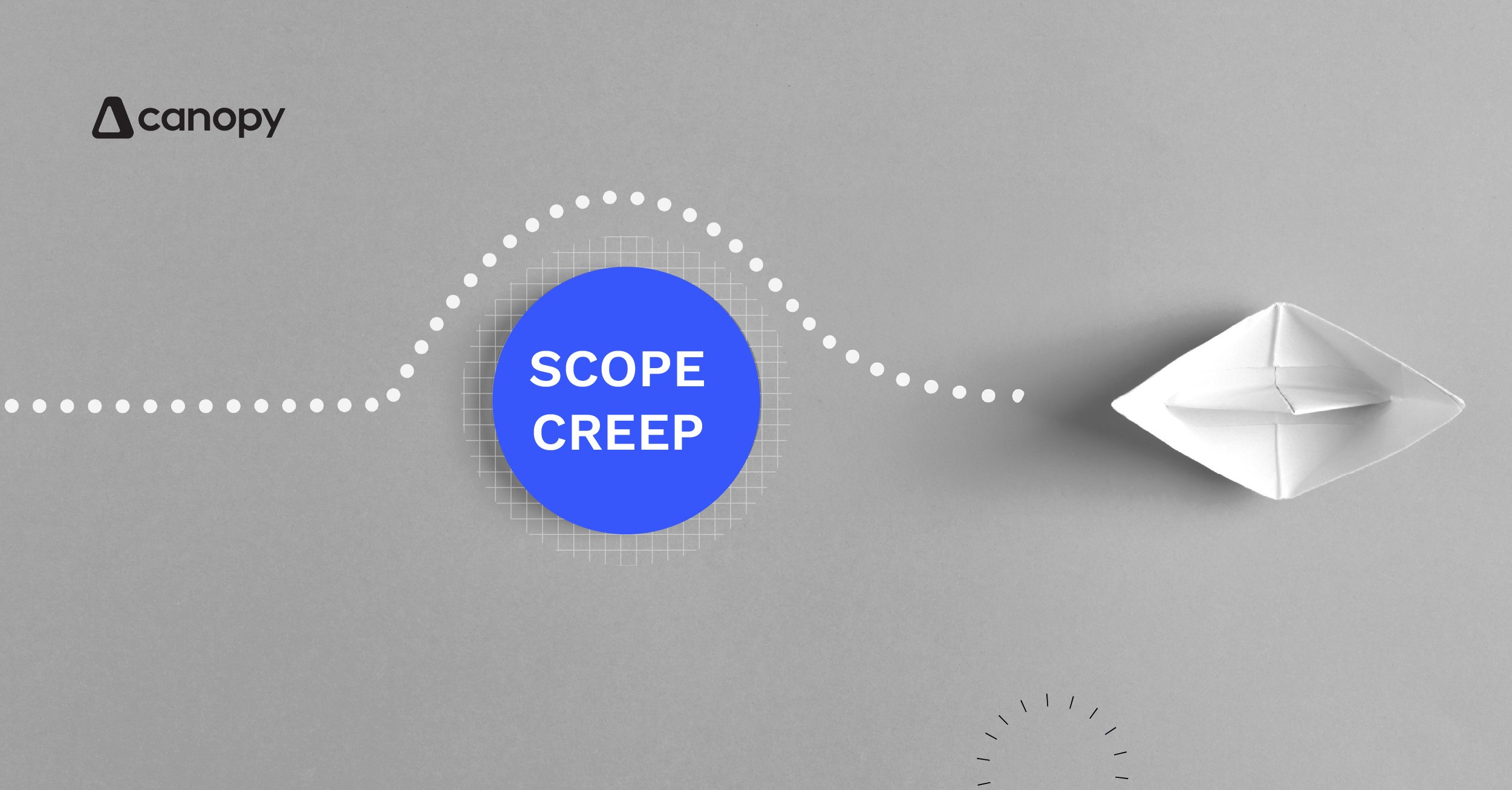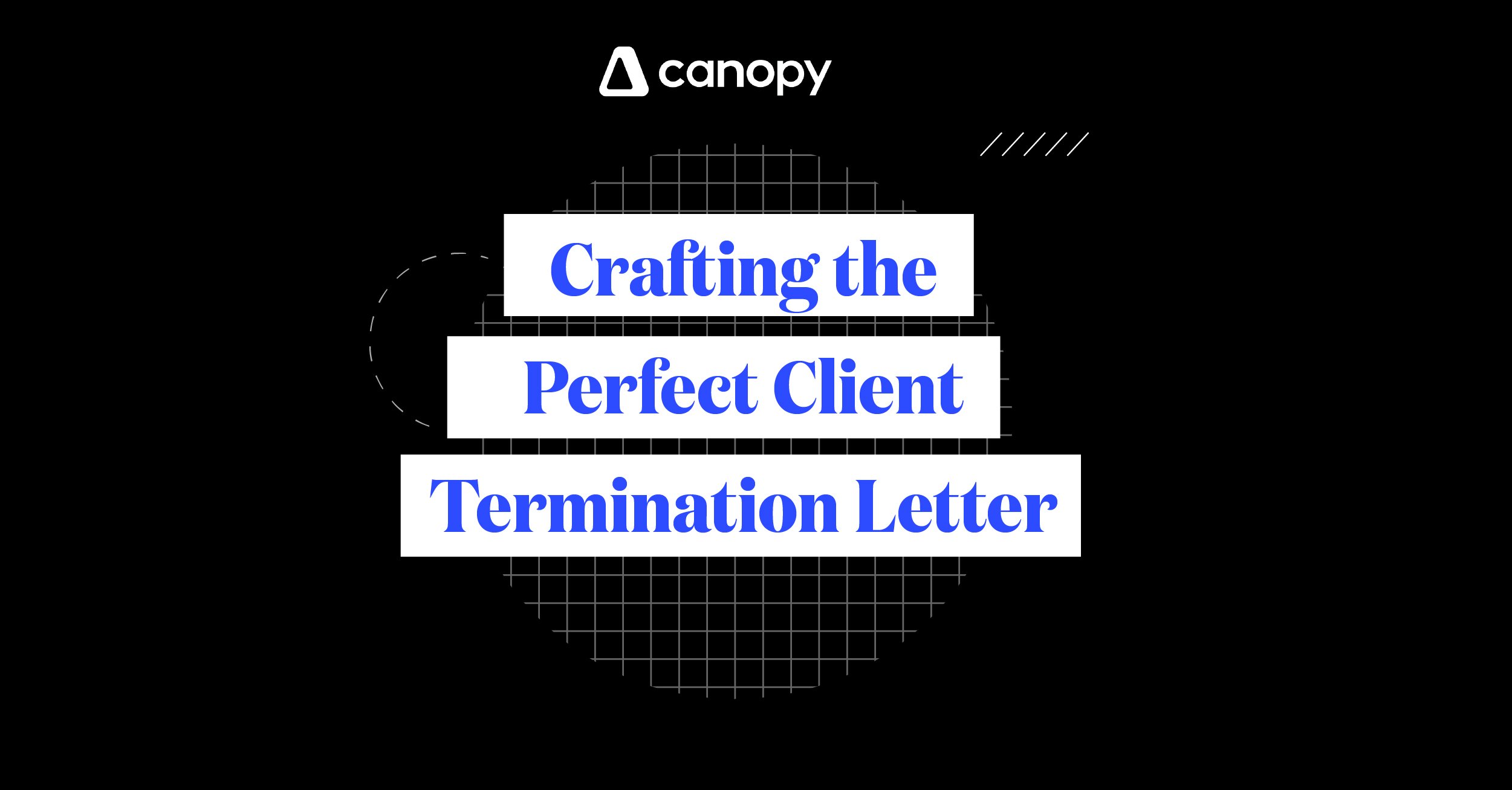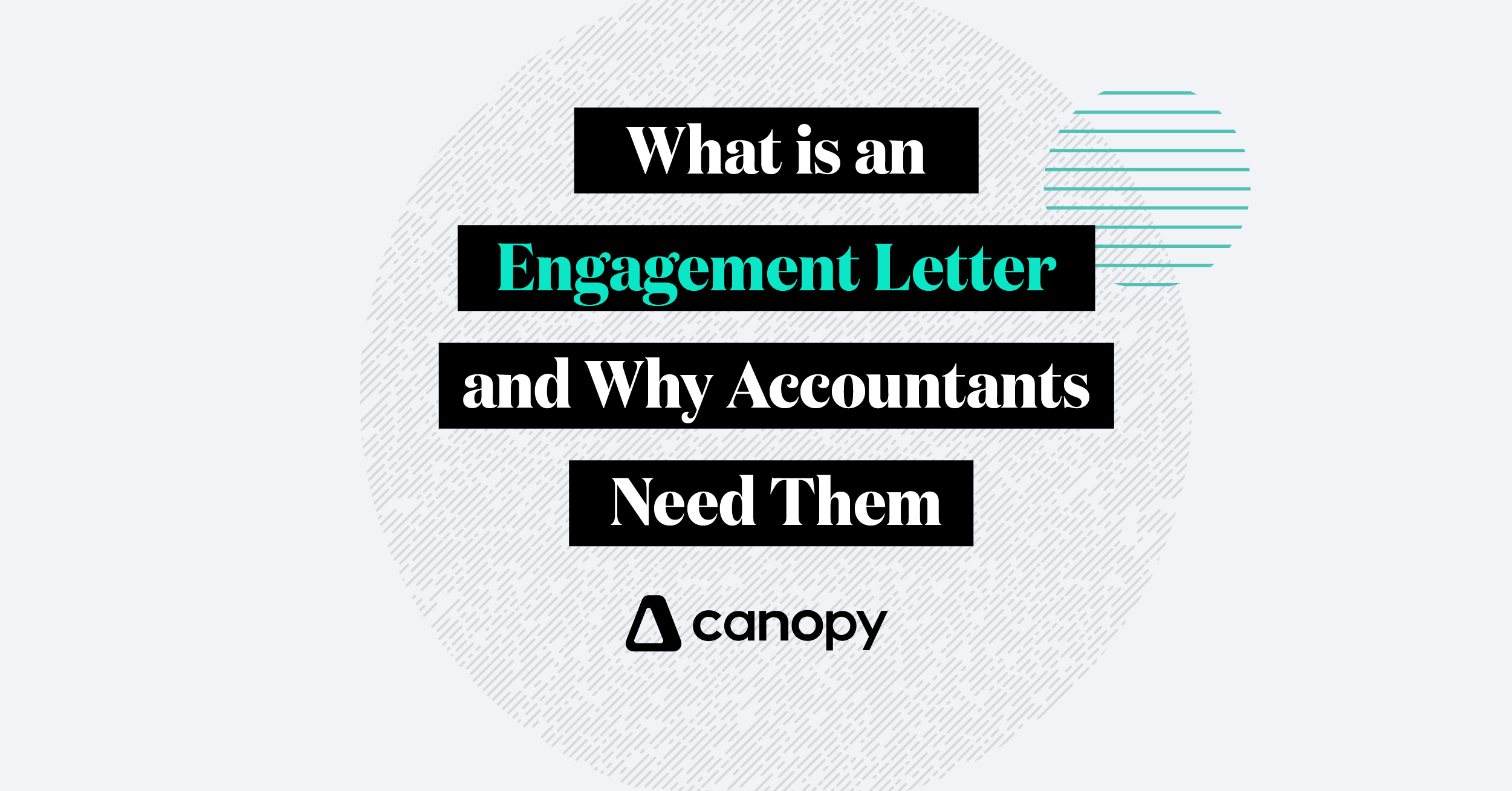As an accountant, you're likely familiar with the scenario: a client asks for "just one more thing," and before you know it, you're handling tasks far beyond the original agreement. This phenomenon, known as scope creep, can lead to increased workload, strained client relationships, and reduced profitability if not managed properly. In this blog post, we'll explore what scope creep is, why it happens, and practical strategies accountants can use to avoid it.
Understanding Scope Creep
Scope creep refers to the gradual expansion of a project's scope beyond its original objectives, often without corresponding increases in budget or time. It's common in many professional services, including accounting, where clients may frequently request additional tasks or changes. While accountants naturally want to help their clients, consistently taking on extra work without proper agreements can lead to problems such as:
- Increased Stress and Burnout: More work without additional compensation can lead to long hours, stress, and burnout.
- Reduced Profitability: Performing extra tasks without extra pay reduces the profitability of engagements.
- Compromised Quality: Taking on too much can dilute focus and lead to errors, impacting the quality of work.
- Strained Client Relationships: If clients come to expect additional work as a norm, it can create unrealistic expectations and strain relationships.
Common Causes of Scope Creep in Accounting
Scope creep can occur for various reasons, including:
-
Vague Agreements: Ambiguous or poorly defined contracts or engagement letters can lead to misunderstandings about the scope of work.
-
Client Expectations: Clients may not fully understand the boundaries of the service agreement and may assume certain tasks are included.
-
Desire to Please Clients: Accountants aiming to provide excellent customer service may agree to additional requests without considering the impact on workload.
-
Lack of Communication: Insufficient communication about project progress and boundaries can lead to clients requesting more without realizing it's beyond the agreed scope.
Strategies to Avoid Scope Creep
To avoid scope creep and protect both your business and client relationships, consider implementing the following strategies:
Clearly Define the Scope of Work
From the outset, be clear about what services you will provide. Use detailed engagement letters or contracts that outline the specific tasks, deliverables, timelines, and fees. Ensure that a section is included that defines what constitutes out-of-scope work and how it will be handled.
Tip: Use bullet points or numbered lists in your agreements to clearly delineate the services included. Specify examples of what is not included to prevent assumptions.
Communicate Regularly with Clients
Maintain open lines of communication with your clients throughout the engagement. Regular check-ins provide opportunities to discuss progress, clarify expectations, and address any concerns or additional requests. This proactive approach helps manage expectations and reduces the likelihood of unexpected requests.
Tip: Schedule periodic review meetings with clients to discuss the project's status, upcoming tasks, and any potential changes. Document these discussions to keep a record of agreed changes.
Educate Clients About Scope and Boundaries
Many clients are not familiar with the specifics of accounting work and may not realize when they are asking for something beyond the initial agreement. Take the time to educate your clients about the scope of services and the implications of additional requests.
Tip: At the beginning of the engagement, provide clients with a brief overview of the services and explain how additional requests will be handled. Consider using a visual aid, like a flowchart, to illustrate the scope.
Use Change Orders for Additional Work
When clients request additional work, use a formal change order process. A change order is a document that outlines the additional tasks, the impact on the timeline, and the additional fees. This process ensures that any changes are formally acknowledged and compensated.
Tip: Develop a standard change order template to fill out and present to clients quickly; this makes the process seamless and professional.
Set Clear Boundaries
Be upfront about your boundaries regarding out-of-scope work. Let clients know that while you are happy to accommodate additional requests, such requests will require an adjustment to the agreement. Establishing these boundaries from the beginning helps manage expectations and prevents misunderstandings.
Tip: Include a clause in your engagement letter stating that any additional work requested will require a separate agreement or amendment to the existing agreement.
Track Time and Tasks Carefully
Keep detailed records of the time spent on various tasks and the nature of those tasks. This data can help you identify when scope creep is occurring and provide evidence for discussions with clients about additional compensation.
Tip: Use time-tracking software to monitor how much time is spent on each client and project. Review these reports regularly to ensure you stay within the agreed scope.
Be Prepared to Say No
It's important to be able to say no when a client request is unreasonable or beyond the scope of the current agreement. Politely declining requests that would lead to scope creep is essential to protecting your time, resources, and business profitability.
Tip: Practice how to say no diplomatically.
For example, "I'd love to help with that, but it's outside the scope of our current agreement. Would you like to discuss how we can include this in a separate agreement?"
Avoiding scope creep is crucial for maintaining a healthy workload, ensuring fair compensation, and delivering high-quality service to clients. By clearly defining the scope of work, communicating regularly, educating clients, and using formal processes for handling additional requests, accountants can protect their business and build strong, respectful client relationships. Remember, setting boundaries and managing expectations are not just about saying no—they're about ensuring sustainable, successful partnerships with your clients.
.jpeg)
Lera is the Chief Business Development Officer for Accountability Services. As an experienced business owner, she is passionate about helping entrepreneurs overcome the obstacles that are holding their businesses back. A graduate of Central Washington University with degrees in Accounting and Supply Chain Management, Lera leverages her background to show clients how accounting and strategic planning illuminate a clear path for achieving financial and personal milestones. Client goals are her goals and she loves guiding business owners through the necessary changes that will develop and grow their enterprises.
READ MORE BY Lera






Get Our Latest Updates and News by Subscribing.
Join our email list for offers, and industry leading articles and content.